5 brain challenges we can overcome in the next decade
A game changer might be just around the corner
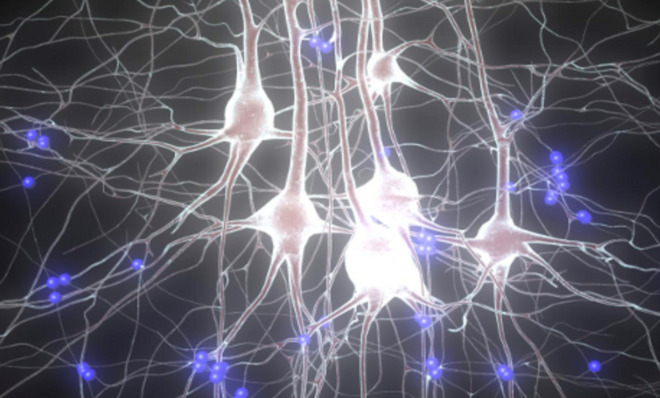
A free daily email with the biggest news stories of the day – and the best features from TheWeek.com
You are now subscribed
Your newsletter sign-up was successful

Clearly, mental health problems such as anxiety, depression, and Alzheimer's disease are becoming overwhelming.
Disorders of the brain pose the greatest economic health challenge. In the UK alone they cost more than £100 billion pounds a year. This is in part because they are very common. Yet despite the fact that one in four of us will suffer from a mental health disorder at some point in our lives, we do not check ourselves on a regular basis or seek help until disorders become serious and chronic or relapsing. What we need to do is focus on good brain health and well-being at an earlier stage and throughout life, and to rapidly detect when things go wrong.
There has been an explosion of neuroscience techniques, which can be applied to tractable, important problems. These new techniques include: induced pluripotent stem cells, which can be generated directly from adult cells; new-generation antibodies; brain receptors engineered in the lab and which only respond to specific drug molecules, otherwise known as designer-receptors exclusively activated by designer drugs, or DREADDs; and optogenetics, which uses light to control sensitized neurons in the brain. All will be game changing in terms of understanding neurotransmitters and neural circuits in healthy brains and producing new drugs and other treatments for neuropsychiatric disorders, such as depression.
The Week
Escape your echo chamber. Get the facts behind the news, plus analysis from multiple perspectives.

Sign up for The Week's Free Newsletters
From our morning news briefing to a weekly Good News Newsletter, get the best of The Week delivered directly to your inbox.
From our morning news briefing to a weekly Good News Newsletter, get the best of The Week delivered directly to your inbox.
For example, engineered receptors could one day be delivered into the human brain via viruses although a safe and effective way of doing this still needs to be refined. And optogenetics has already been used to study the neurotransmitter systems in the brain and understand the circuits involved in the healthy brain and in animal models of disorders, such as in autism, depression and addiction.
Forty specialists from different areas, including neuroscience, mental health, innovation and technology were asked what they thought was a significant and important problems in neuroscience which could be answered in the next ten years? Five themes emerged from their answers, which were published in Neuroscience & Biobehavioral Reviews.
1. Smart and wearable tech
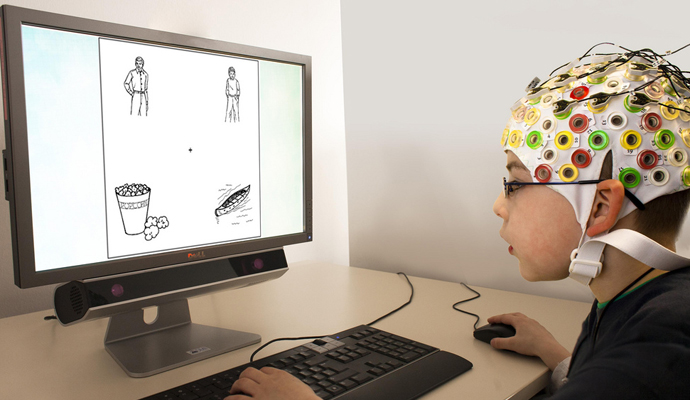
We need to focus on improving brain health and well-being through monitoring and early detection. This type of approach is well accepted for physical health, such as wearable activity trackers or heart rate monitors, but is unusual when people think about brain health. There is a great need for smart and wearable tech to monitor people's brain health and well-being on a daily basis. There is great enthusiasm for doing this from neuroscientists and mental health experts, entrepreneurs, and technology and health companies, and this is likely to be a game changer in how people monitor their brain health.
A free daily email with the biggest news stories of the day – and the best features from TheWeek.com
2. Knowing why treatments work
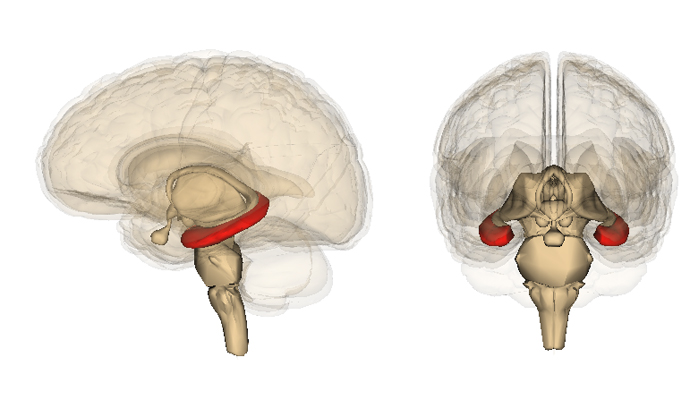
While we realize that psychological treatments, such as cognitive behavioural therapy (CBT) and cognitive training, are highly effective, we need to understand the neurobiological bases of these treatments — how they alter the brain and affect cognition such as memory. For example, the benefits of cognitive training are important particularly as they impact on the functionality of patients.
Studies of the brains of healthy people during cognitive training of working memory have shown both changes in brain activation and also in dopamine receptors. Brain scanning techniques such as fMRI and PET, which can image the neural network involved in forms of cognition and study receptors important for drug actions, are already helping us understand the damaged brain and possible treatment effects. Furthermore, developments in real time fMRI feedback as a treatment for neuropsychiatric disorders, such as anxiety and depression, will be key to training top-down cognitive control over the emotional brain.
3. Alzheimer's disease
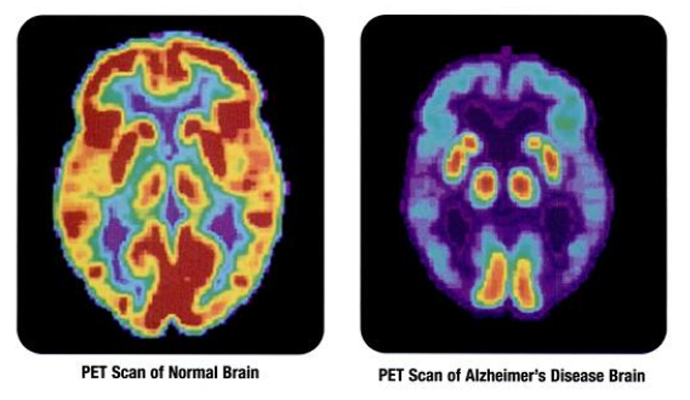
Understanding the neurodegenerative cascade of plaques and tangles, which leads to dementia, and developing effective treatments for diseases such as Alzheimer's is possible within the next ten years, according to the experts in the survey. For example, highly important is the recent development of neuroprotective drugs such as Solanezumab, now in phase three clinical trials, for the treatment of patients with Alzheimer's disease.
The aim of these neuroprotective drugs is to halt the disease process, rather than treat symptoms only, which would make it even more essential that people with mild cognitive impairment who are just developing Alzheimer's disease are detected earlier before any extensive brain damage occurs. They must receive effective neuroprotective treatment before there is extensive brain damage.
4. Understanding genetic causes

It should be possible to determine the genetics of brain disorders with high heritability in order to gain biological clues for the mechanisms that cause the diseases and treatment. Several neurodevelopmental disorders, including autism and attention deficit hyperactivity disorder (ADHD), are thought to be ideal targets because they are known to run in families. Despite this, few genes have been identified and there is still much to find out about how they contribute to the disorder. One project, led by the Broad Institute in the US aims to find mutations in the human genome that codes for proteins.
5. Mapping the brain
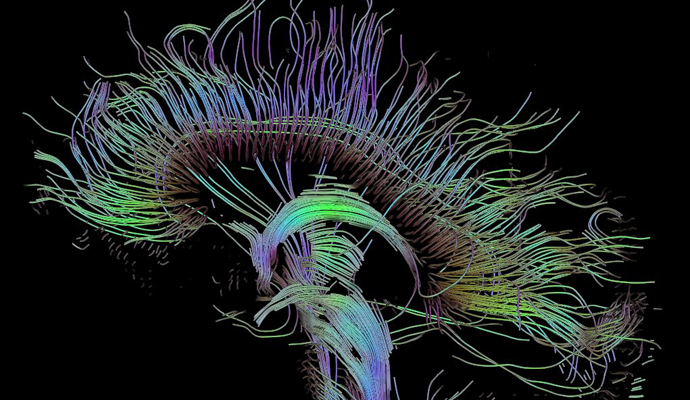
One of the most important objectives of the Human Brain Project is to make it easier for neuroscientists to organise and access the massive volumes of heterogeneous data, knowledge and tools produced by the international neuroscience community. So-called connectomics, the study and production of connectomes — neural maps of the brain — will combine a number of techniques for mapping and studying connectivity within the brain. Understanding these connections could revolutionize our understanding of how the brain functions and the areas affected in "connectopathies" where there is abnormality in the connections in brain networks, including disorders such as autism, schizophrenia, and Alzheimer's disease
The group of 40 was also asked what, aside from funding, would help facilitate these developments? The most common response was better talk between different disciplines, and an easier route to translation of these brain health technologies into the real world. This would be encouraged by training young neuroscientists in how to engage with other disciplines and to understand how they might use their discoveries and inventions for the benefit of society. Pharmaceutical companies with a strong interest in this area, such as AstraZeneca, must also continue to have a commitment to research and development and training, whatever difficulties it currently faces.
Brain health, like good physical health, has to be worked at. It is not something that can just be expected to happen without active participation by society and government. There is great expertise in a range of relevant areas that could be integrated to promote both good brain health and to stimulate the UK economy but currently, we are not realizing this potential. But with the impact of neuroscience, innovation, and technology, brain health in a flourishing society can be achieved within the next ten years.
More from The Conversation...
-
 Regent Hong Kong: a tranquil haven with a prime waterfront spot
Regent Hong Kong: a tranquil haven with a prime waterfront spotThe Week Recommends The trendy hotel recently underwent an extensive two-year revamp
-
 The problem with diagnosing profound autism
The problem with diagnosing profound autismThe Explainer Experts are reconsidering the idea of autism as a spectrum, which could impact diagnoses and policy making for the condition
-
 What are the best investments for beginners?
What are the best investments for beginners?The Explainer Stocks and ETFs and bonds, oh my
